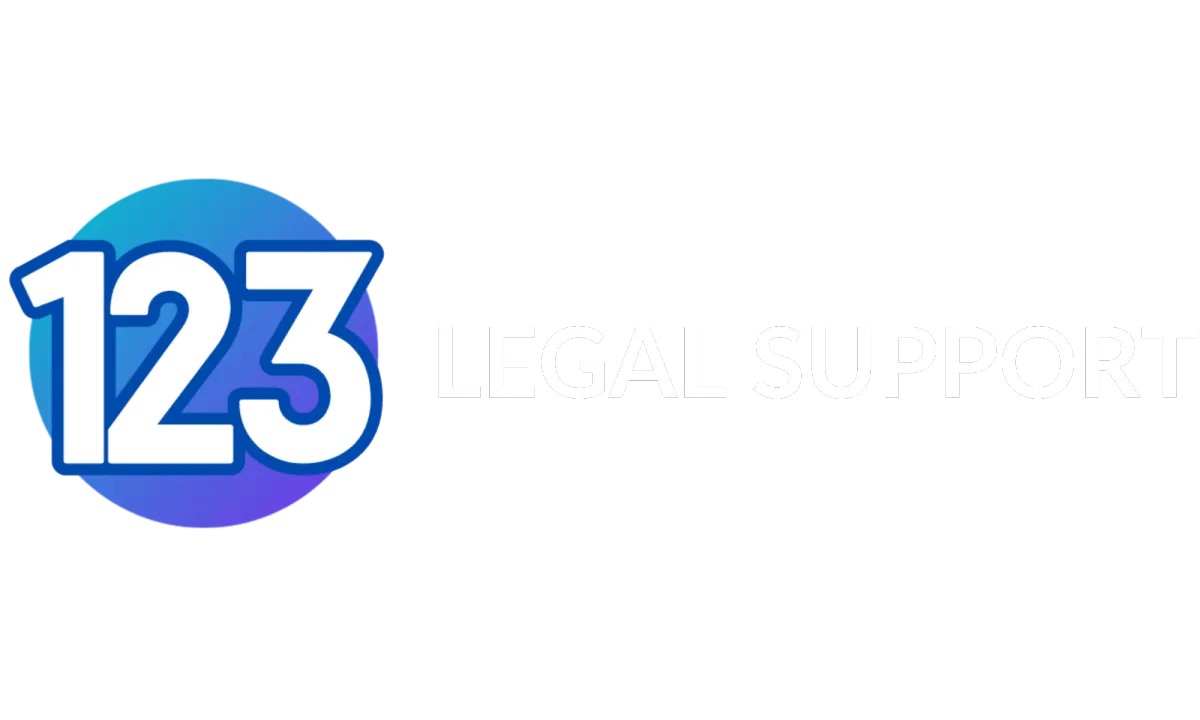Frequently Asked Questions (FAQs) about eFiling in California
1. What is eFiling?
eFiling, or electronic filing, is the process of submitting legal documents to the court via an online system instead of physically delivering them. It’s a fast, secure, and convenient method to file documents in various types of cases, including civil, family law, probate, and more.
2. Why Should I Use eFiling?
Time-saving: eFiling allows you to submit documents anytime, from anywhere, reducing the time spent traveling to court.
Efficiency: Court documents are processed faster, which can expedite your case.
Convenience: eFiling is available 24/7, so you don't have to worry about court hours or mailing deadlines.
Cost-effective: No need to spend money on postage or physical trips to the court.
3. Which Counties Offer eFiling in California?
COUNTIES OFFERING eFILING
Alameda County: Mandatory for Civil, Family, and Probate cases.
Butte County: Mandatory for Civil, Family, and Probate cases.
Calaveras County: Permissive for Civil, Family, and Probate cases.
Colusa County: Permissive for Civil, Family, and Probate cases.
Contra Costa County: Mandatory for Civil, Family, and Probate cases.
El Dorado County: Permissive for Civil, Family, and Probate cases.
Fresno County: Mandatory for Civil, Family, and Probate cases.
Glenn County: Permissive for Civil and Family cases.
Imperial County: Mandatory for Civil, Family, and Probate cases.
Kern County: Mandatory for Civil, Family, and Probate cases.
Kings County: Mandatory for Civil, Family, and Probate cases.
Los Angeles County: Mandatory for Civil, Family, and Probate cases.
Madera County: Permissive for Civil, Family, and Probate cases.
Marin County: Mandatory for Civil, Family, and Probate cases.
Mendocino County: Mandatory for Civil, Family, and Probate cases.
Merced County: Mandatory for Civil, Family, and Probate cases.
Mono County: Mandatory for Civil, Family, and Probate cases.
Monterey County: Mandatory for Civil, Family, and Probate cases.
Napa County: Permissive for Civil, Family, and Probate cases.
Nevada County: Mandatory for Civil, Family, and Probate cases.
Orange County: Mandatory for Civil, Family, and Probate cases.
Placer County: Mandatory for Civil, Family, and Probate cases.
Riverside County: Mandatory for Civil cases.
Sacramento County: Permissive for Civil, Small Claims, Unlawful Detainer, and Probate cases
San Benito County: Mandatory for Civil, Family, and Probate cases.
San Bernardino County: Permissive for Civil, Family, and Probate cases.
San Diego County: Mandatory for Civil and Probate cases; Permissive for Family cases.
San Francisco County: Mandatory for most General Civil cases, including initiating and subsequent filings, except for specific exemptions like Small Claims and certain petitions.
San Joaquin County: Permissive for Civil, Family, and Probate cases.
San Luis Obispo County: Mandatory for Civil, Family, and Probate cases.
San Mateo County: Mandatory for Civil, Family, and Probate cases.
Santa Barbara County: Mandatory for Civil, Family, and Probate cases.
Santa Clara County: Mandatory for Civil, Family, and Probate cases.
Santa Cruz County: Mandatory for Civil, Family, and Probate cases.
Siskiyou County: Permissive for Civil, Family, and Probate cases.
Solano County: Permissive for Civil, Family, and Probate cases.
Sonoma County: Mandatory for Civil, Family, and Probate cases.
Stanislaus County: Mandatory for Civil, Family, and Probate cases.
Sutter County: Mandatory for Civil, Family, and Probate cases.
Tehama County: Permissive for Civil, Family, and Probate cases.
Tulare County: Permissive for Civil, Family, and Probate cases.
Ventura County: Permissive for Civil and Family cases.
Yolo County: Mandatory for Civil, Family, and Probate cases.
Yuba County: Mandatory for Civil, Family, and Probate cases.
Note: eFiling is mandatory in several of these counties for specific case types, such as Civil, Family Law, Probate, and Small Claims.
COUNTIES NOT OFFERING eFILING ( AT THIS TIME )
Inyo County: eFiling expected to be available in June 2025.
Lake County: eFiling expected to be available on March 25, 2025.
Modoc County: eFiling expected to be available in 2025.
Plumas County: eFiling expected to be available in 2025.
Trinity County: eFiling expected to be available in 2025.
Note: eFiling services may be offered in the future as counties transition to digital filing systems. Please check with your local court for updates.
4. Which Case Types Can I eFile?
eFiling is available for various case types, but it’s important to note that each county may have specific case types for which eFiling is mandatory or optional. Below are common case types where eFiling is accepted:
Civil Cases (Limited & Unlimited)
Family Law (Divorce, Child Custody, Child Support)
Probate (Wills, Trusts, Estates)
Small Claims (Optional in many counties)
Unlawful Detainers (Eviction cases)
Mental Health CasesAlpine County
5. Is eFiling Mandatory?
eFiling is mandatory in many counties, especially for attorneys in case types such as Civil and Family Law. However, self-represented litigants (also known as pro per or pro se litigants) are often encouraged but not required to use eFiling.
Mandatory eFiling generally applies to:
Civil (Limited & Unlimited)
Family Law
Probate
Complex Civil Cases
Check your county’s specific guidelines to determine whether eFiling is required in your case type.
6. How Do I Submit Documents Electronically?
Once you’ve registered with an EFSP, you can start the submission process:
Log in to your EFSP account.
Prepare your documents in the correct format (usually PDF).
Upload your documents through the EFSP portal.
Pay any filing fees (if applicable).
Submit the documents to the court via the EFSP system.
You’ll receive a confirmation receipt after successful submission. This ensures that your filing has been received and processed by the court.
7. What Are the Benefits of eFiling?
Faster Processing: Documents are immediately processed by the court system, speeding up case timelines.
Secure Submission: eFiling systems are designed to ensure the safety and privacy of your documents.
Environmentally Friendly: eFiling reduces the need for paper and physical delivery, helping the environment.
Convenient Access: Access your case documents online anytime.
8. What Do I Do if I Encounter Issues With eFiling?
If you experience any technical difficulties or issues with your submission, you can:
Contact the EFSP for support.
Visit your county’s court website for troubleshooting tips.
Call the court’s help desk for assistance (find contact details on your local court’s website).
It’s important to ensure that you follow the guidelines and meet the court’s deadlines.
9. How Do I Know Which EFSP to Use?
You can find a list of approved EFSPs on the California Courts website. Select an EFSP based on your case needs, pricing, and available support. Many EFSPs offer customer support services, including phone and chat assistance, to help guide you through the eFiling process.
10. Can I eFile Documents After Business Hours?
Yes! One of the main advantages of eFiling is that it’s available 24/7. You can submit your documents any time, and they will be processed as soon as the court system opens for the next business day.
11. What Happens After I eFile My Documents?
Once you’ve submitted your documents, the court will review them. You’ll receive a confirmation notice indicating whether your filing was successful. The court may notify you if any issues arise or if additional information is needed.
Our Locations
SACRAMENTO, CALIFORNIA
2014 Capitol Ave, Suite 100
Sacramento, CA 95811
ALBUQUERQUE, NEW MEXICO
8 Via Conejo Rd
Edgewood, NM 87015
ORLANDO, FLORIDA
1072 S. Hiawassee Rd, Suite 1233
Orlando Florida 32835
© 2025 All Rights Reserved | Powered by MightyAutomation.com | 123 Legal Support

